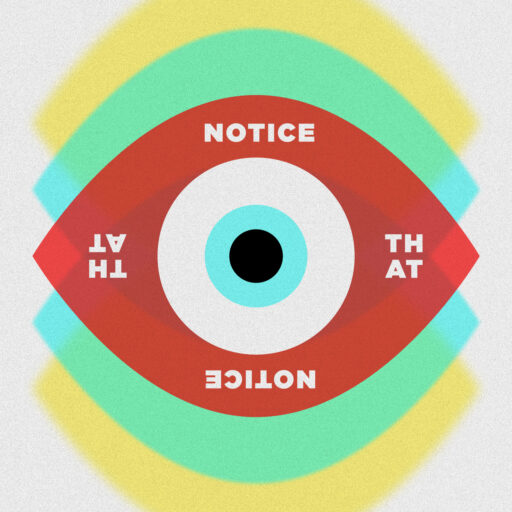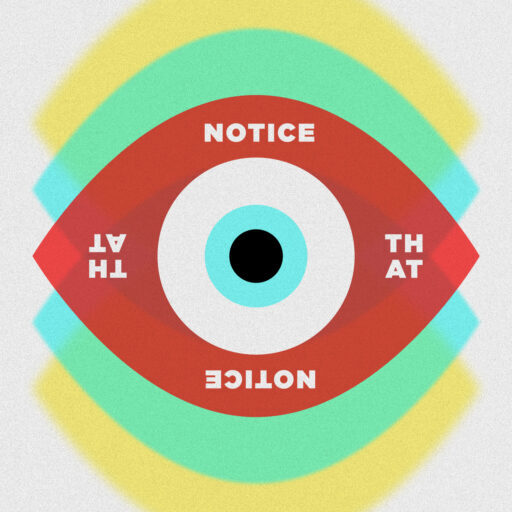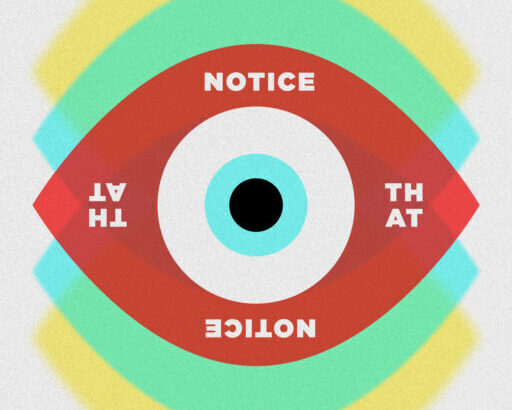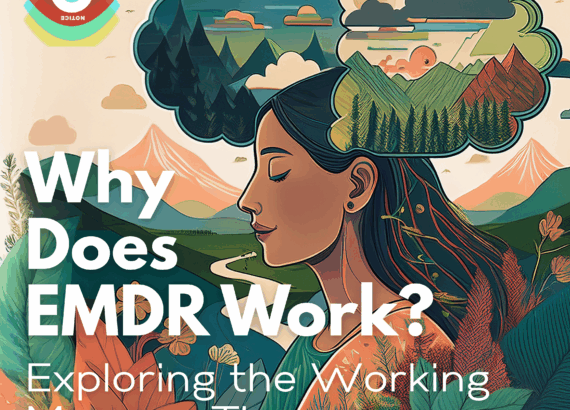Episode 58: Introduction to EMDR and Case Conceptualization

Listen in to hear Jen and Bridger’s discussion on the importance of case conceptualization and how this is relevant in EMDR therapy.
Join our Patreon by clicking here!
If you haven’t already, check out Episode 55: What is Resourcing
At Beyond Healing, we believe good therapy comes from good case conceptualization.
- The more that we understand the ‘why’ and the ‘how’, then we can understand as a therapist of which direction we need to go.
- We are looking at the human being in front of us, not just as a person, but a biological organism.
- It’s more about looking at this person and all their cumulative experiences that have shaped them into the person that they are today.
- AIP- How a person shows up in the present is from their experiences in the past.
- We as humans are constantly adaptive.
Humans are Mammals:
- We are biological, mammalian organisms.
- Mammals birth live young, rely on social relationships and live in community.
- Understanding that we are mammals allows us to see why social connection and relationships are so vital to our survival.
- Toxic relationships- being alone is more terrifying than the toxicity of a relationship.
Why does this matter for the 8 Phase Protocol in EMDR?
- It will begin to highlight what relational resources are vital for reprocessing.
- Helps us understand why certain targets and early relational trauma influence the processing of new experiences.
Case conceptualization example:
- Sexual trauma and shame
- Repressed affect and cognitive story
- This isn’t about blaming the parents but rather understanding that while their parents may have done their best, there were some needs that weren’t met in the necessary way.
- “We are good enough to stay together, we know how to please each other, but it comes at a cost.” This then causes the need for strategy.
- If their strategies were not created, our systems would feel that we could not maintain vital social relationships that are so necessary for our survival as mammals.
- Excuse making/ redirecting by the client to make sure that the therapist doesn’t think badly of their parents. What does this mean?
Why does a trauma target exist?
- The system cannot contextualize it in a way that is conducive to our vital needs of safety and connection.
- The organism feeling fear and shame.
- Looking at each experience and how they formed this system.
- Staying curious about the story and how the story unfolded.
- Not necessarily about “What did you think about it?” but “How did you feel about it?”
Trainings:
- EMDR Basic Training- 9/16-20th
- SIP Training- Tulsa, OK 10/7-9th
- SIP II Training- 10/5-7th
- Email us at training@beyondhealingcenter.com





